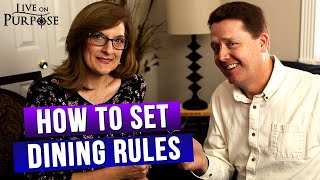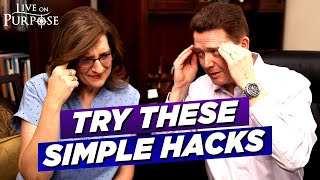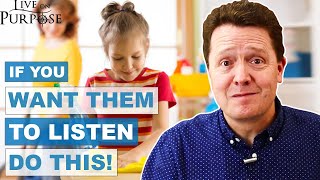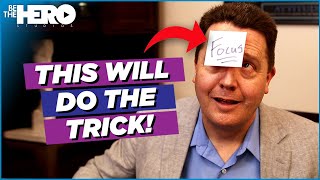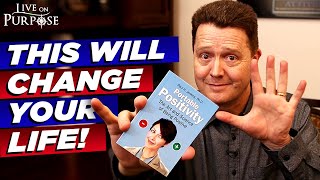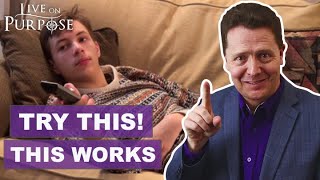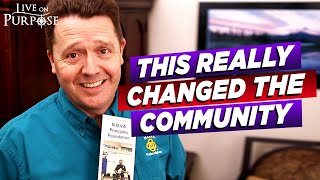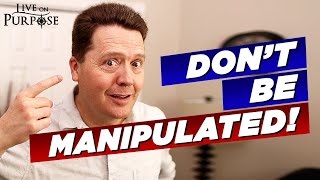How To Teach Kids Table Manners?
Paul: So, Vicki, here’s the thing. Kids don’t come pre-programmed to follow all of your rules and especially when it comes to something like table manners. Vicki: All manners are learned. Paul: If you don’t believe this, just watch your animals. Vicki: Well… Remember that manners are really more related to our culture. Paul: Manners […]
How To Teach Kids Table Manners? Read More »
